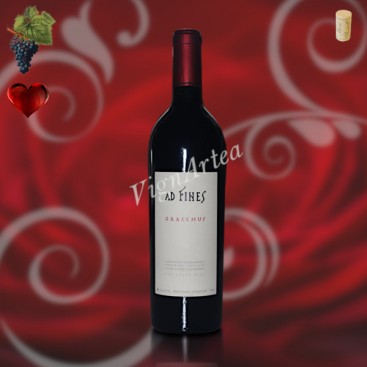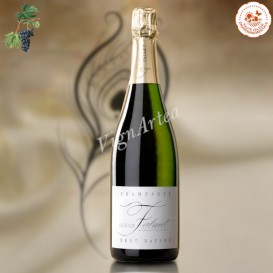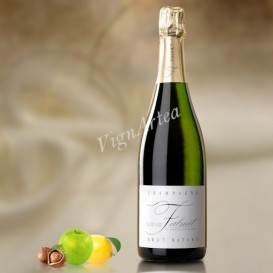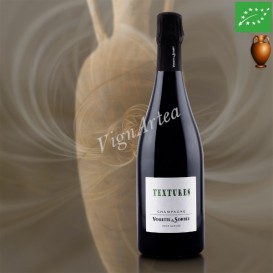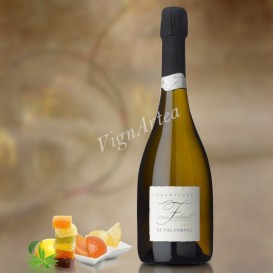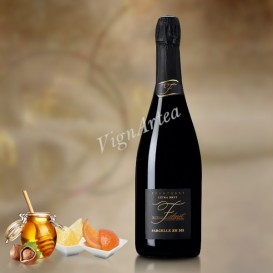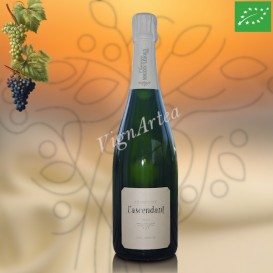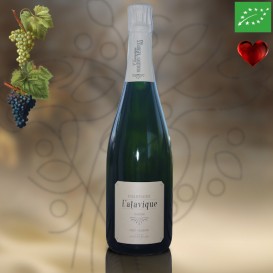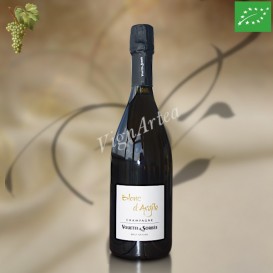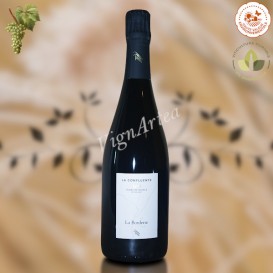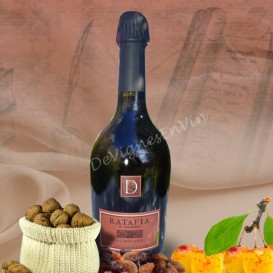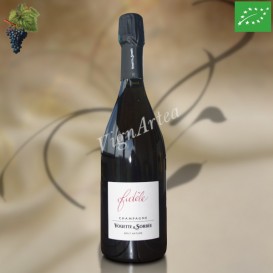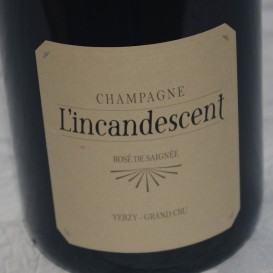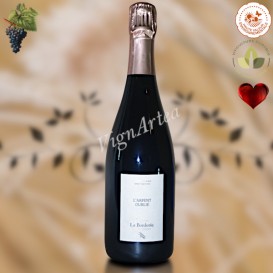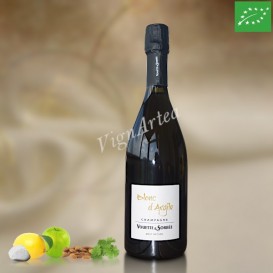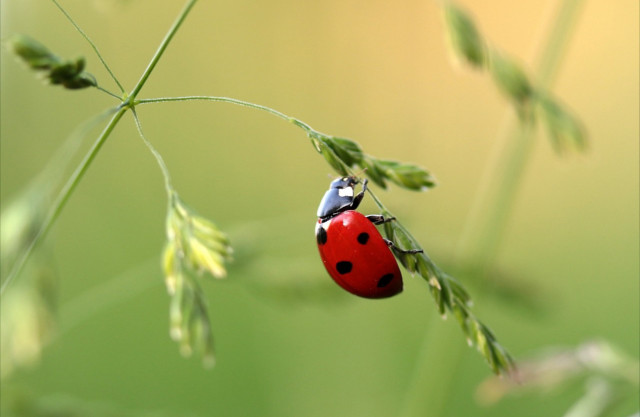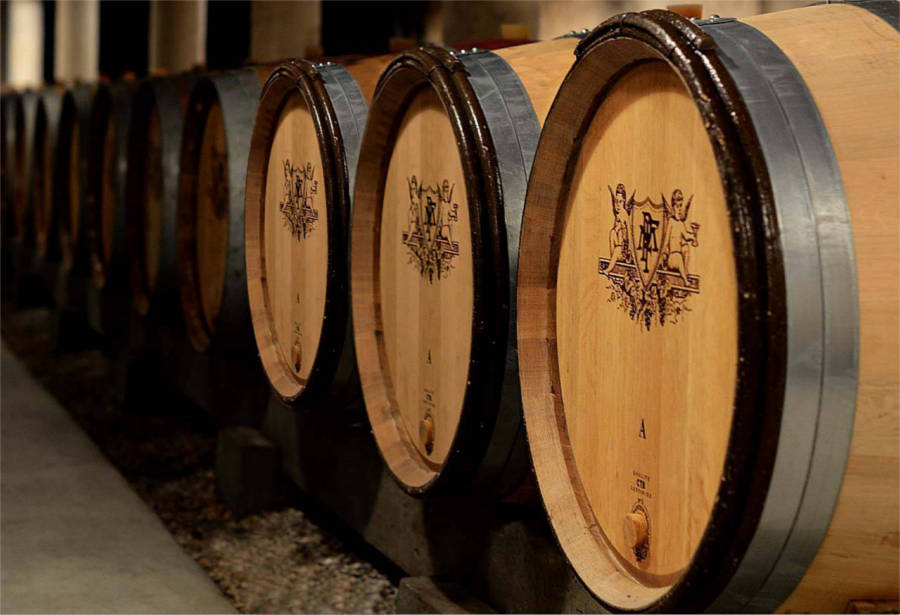GRACCHUS 2020 (Domaine Ad Fines)
RHÔNE - IGP VAUCLUSE - RED WINE
Grape varieties: Syrah (71%) - Cabernet Sauvignon (29%)
Destemming (100%) Native yeasts
Ageing in tune, burgundy oak barrels and demi-muids for 12 months
Fragrant - Tasty - Elegant
- Nose : intensely fragrant and complex. Luscious notes of blackcurrant, blueberry and black cherry, with a hint of sweet spices and chocolate.
- Palate : full-bodied, structured by silky tannins. Long-lasting aromas. Dark berry finish.
- Tasting date : October 2024.
- OUR OPINION : a very successful vintage, balanced, silky and delicious, of perfect quality. A real favourite!
DESCRIPTION
GRACCHUS is mainly made from Syrah, with some Serine and Cabernet Sauvignon. The yields of the 2018 vintage do not exceed 17 hl/ha and the severe sorting of the harvest make it possible to obtain grapes whose full potential is expressed during the vinification. It is also the most accessible wine of the range in its youth.
TERROIR
The vines are planted on gentle, well-exposed slopes on the northern slopes of the Luberon, in the heart of Provence, where the soil is made up of greenish sandstone mollasses dating from the Burdigalian period, a geological stage dating from the Lower Miocene (23 to 15 million years ago) during which the sea invaded the Rhone Valley where it deposited numerous sediments.
These mollasses are a group of sedimentary rocks that are essentially detrital, i.e. they come from the sedimentation in a shallow marine environment of elements torn from the surrounding rocks by erosion. They are generally friable, soft and permeable, and represent a valuable source of water for the vines.
The day-night temperature differences that occur from August onwards allow a slow and progressive ripening of the grapes that generally reach maturity towards the end of September-beginning of October.
WINEGROWING & WINEMAKING
The vines have always been cultivated without the use of synthetic chemicals.
The estate has the Organic certification since 2021.
The grapes are harvested by hand and vatted within an hour. Each plot and each variety is vinified separately.
The Syrah and the Cabernet Sauvignon grapes are totally destemmed.
After a cold pre-fermentation phase, the alcoholic fermentation starts spontaneously under the action of indigenous yeasts. The skin maceration lasts 26 days for the Syrah variety and 19 days for the Cabernet Sauvignon variety. During the maceration phase, some pumping over and gentle punching down are carried out in order to break the marc cap and mix the skins with the juice.
Once the fermentations are complete, the Syrah and the Cabernet Sauvignon musts are transferred into Burgundy barrels of 2 and 3 wines, where they are matured for 12 months
They are then racked and blended in vats where they remain for an extra 9-month ageing before bottling.
| Country | Rhône Valley |
| Color | Red |
| Orange wines | No |
| Clay amphorae wines | No |
| Type | Dry |
| Vintage | 2020 |
| Capacity | 75 cl |
| Variety | Syrah (71%) - Cabernet Sauvignon (29%) |
| Main Grape Variety(ies) | Syrah |
| Alcohol rate | 14,5 % |
| Quality Designation | Vaucluse (IGP) |
| Cellar Potential | 15 years |
| Service advise | 18°C (63°F). Open 1/2h before serving |
| Culture Methods | Non-certified Organic culture |
| Comments | Cold pre-fermentation, fermentation with indigenous yeasts ♦ Ageing Burgundy barrels for 12 months, followed by a rest of 9 months in vats after the blend. |
| Stopper | Natural cork |

